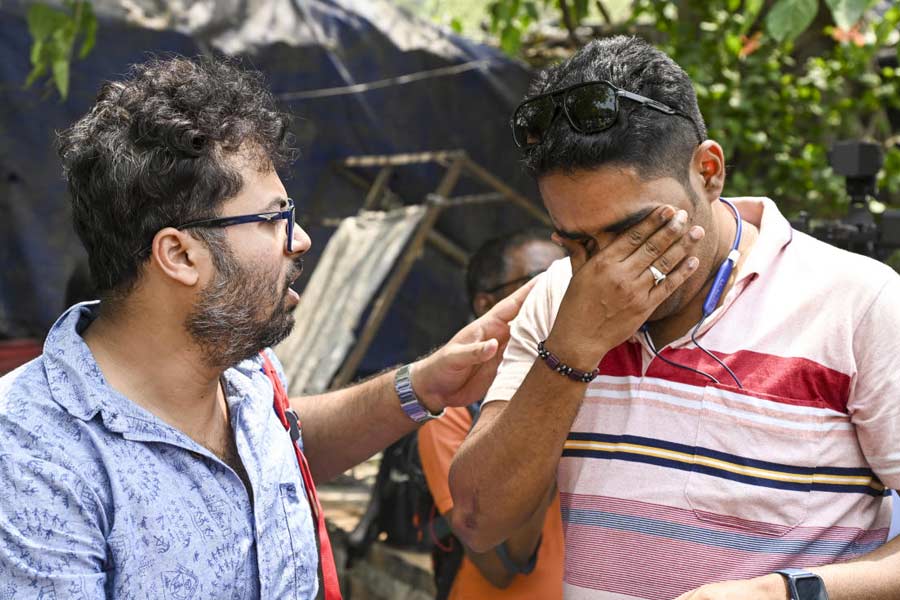The termination of over 25,000 teachers and non-teaching staff in West Bengal — following the Supreme Court’s decision to cancel the 2016 School Service Commission (SSC) recruitment process — has unleashed more than just administrative and political chaos. It has catalysed a mental health crisis, as thousands of families who had built their lives around the security of government employment, now face uncertainty.
‘It feels like the ground has shifted beneath our feet’
For many of the affected, these jobs were not just a means of livelihood — they were a matter of identity, self-worth and stability. Now, they are waking up to an uncertain reality.
“One day you’re a respected teacher, the next, you’re told your service is illegal — it feels like the ground has shifted beneath our feet,” says Koustav Mondal, a terminated school teacher from Howrah.
Mondal’s story echoes across districts, from Kakdwip to Coochbehar, where the abrupt loss of employment has left families grappling with panic, helplessness, and in some cases, suicidal thoughts.
Mental health professionals raise the alarm
According to Ratnaboli Ray, a mental health activist based in Kolkata, who has already spoken to several affected individuals, the crisis is “not just economic, but deeply psychological.”
“We are anticipating a spike in acute anxiety, depressive symptoms, insomnia, and feelings of existential dread. For many, the job was not just a source of income, but social dignity. The public humiliation of being labelled as ‘tainted’ has compounded their distress,” she explains.
“For systemic corruption, there has to be a systemic response. But, it has now become an individual's issue to 'fix' one's own mental distress,” she added. “There are many mental health organisations, not just us, who will have to come together and look at this issue. We have asked our teams to be alert.”
Echoing Roy, Kolkata-based psychiatrist Abhiruchi Chatterjee stresses that the emotional aftershocks are likely to affect not just the terminated employees but their entire families — particularly children and elderly dependents, who rely on financial and emotional stability from these individuals.
A crisis without a safety net
Despite the emotional turmoil, psychological support systems remain largely absent from the state’s official response. West Bengal’s mental health infrastructure is already stretched thin, with the National Mental Health Programme (NMHP) facing budgetary constraints and limited outreach in rural districts — where a large number of these terminated employees reside.
A psychiatrist based in Jalpaiguri, who did not wish to be named, warned of the long-term consequences. “If left unaddressed, we’re looking at a possible surge in clinical depression, substance abuse, and even suicide attempts. We must prioritise mental health alongside legal and financial support.”
He recommends setting up trauma response cells with trained counsellors in affected schools and community centres, especially in districts with high termination rates.
“To those considering suicide as the only escape, I urge you to reconsider. While you may leave, the psychological impact on your loved ones can linger across generations, embedding harmful thought patterns that affect not just families, but the fabric of society itself,” Eela Mukherjjee, a psychologist at Purba Bardhaman CMOH office, said.
Government response and the road ahead
Chief Minister Mamata Banerjee, while vocally criticising the court order, has promised to file a review petition in the Supreme Court. “We will fight for those whose jobs have been cancelled. Don’t lose heart and take extreme steps,” she said in a public appeal.
But for many, hope is beginning to fray.
“Every day we wait for news, and every day we spiral a little deeper into fear,” says Rakesh Mondal, a teacher whose wife also lost her job. “We don’t know how long the legal battle will take. Who will feed our children in the meantime?”
Mental health professionals believe that the time for preventive action is now.











